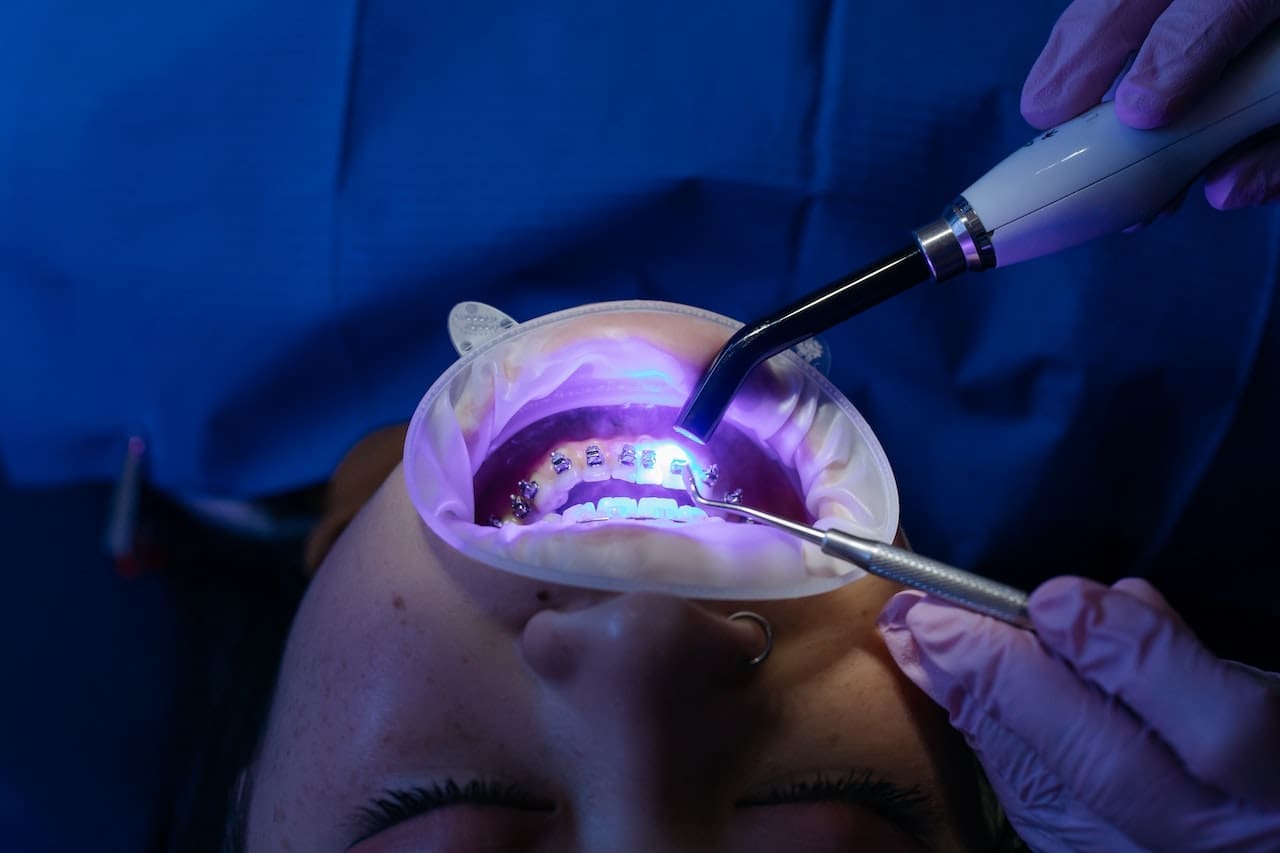4 Considerations to Take Before Getting a Dental Bridge

Good dental hygiene is essential for a healthy smile, and one of the treatments that can help you maintain your smile is a dental bridge. A dental bridge is a prosthetic device replacing one or more missing teeth, and it can be an effective solution for restoring your smile and keeping it looking great. But before getting a dental bridge, here are a few factors that you should consider to ensure the best possible result.

